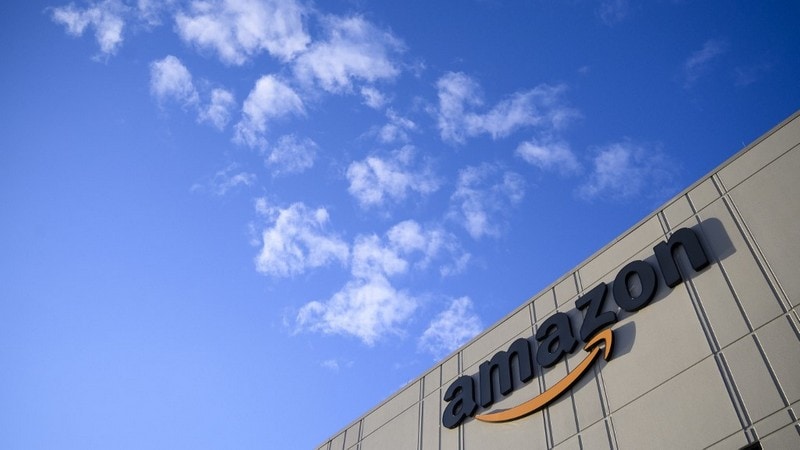
The Group of Seven wealthy nations may have endorsed a plan to ensure the world’s biggest companies pay a minimum global tax rate, but US tech behemoth Amazon may escape it.
The landmark deal is supposed to help put an end to top multinationals shopping for countries with low corporate tax rates in which to book their profits instead of paying where they conduct their business.
By introducing a minimum tax rate of 15 percent without exceptions proponents of the plan hope multinationals will have less incentive to go through complex efforts to shift where they pay taxes.
Top 100
There is a second “pillar” in the plan: countries would be allowed to tax a share of the profits of the most profitable companies in the world, regardless of where they are based.
The caveat: it applies only to companies whose profit margins exceed 10 percent.
That would affect about 100 companies, including US tech giants such as Facebook and Google, but as some experts have pointed out, not Amazon.
Despite Amazon’s colossal footprint and market capitalisation of more than $1 trillion (roughly Rs. 72,88,760 crores), its profit margin last year amounted to just 6.3 percent.
It did not take long before the first brickbats were aimed at the deal by Britain’s Fair Tax Foundation.
“Just one more reason for the G20 to revisit and embolden the package” when the group of the world’s top industrialised and emerging nations look to sign off on the arrangement next month, the group said on Twitter.
Amazon caught by web
A source close to the talks confirmed that Amazon overall would not fall under the provisions allowing countries to tax part of its profits.
However its cloud computing arm, Amazon Web Services (AWS), “turns in profits of around 30 percent” and “it will therefore be taxed on this segment of activity” by different nations, said the source.
There is no other “exception” or loophole in the provisions, the source added.
Amazon, which has been surfing an e-commerce wave since COVID-19 hammered bricks and mortar retail, more than tripled its first quarter net profit for this year to $8.1 billion (roughly Rs. 59,040 crores).
AWS meanwhile saw its quarterly sales soar 32 percent to $13.5 billion (roughly Rs. 98,400 crores).
Like fellow online giant Facebook, Amazon welcomed the G7 accord.
In a statement to AFP, the company called it “a welcome step forward” which will “help bring stability to the international tax system.”
Uniform approach welcomed
Amazon’s country director for Italy and Spain, Mariangela Marseglia, declared herself “very happy” with the deal reached by finance ministers and central bankers of the Group of Seven wealthy states over the weekend.
She said it adopts “a uniform approach to the taxation of multinational companies (which) is what we have been trying to pursue for a long time.”
Amazon has long supported countries working together on corporate taxation, she said, in order to reduce the risk of double taxation.
That may be an allusion to taxes imposed unilaterally by countries including France, Italy, Spain, and Britain which will fall away once a global agreement takes effect.
Amazon has been variously targeted by the United States and several European countries over its tax optimisation arrangements involving sophisticated accounting schemes which exploit differences in different jurisdictions,
Essentially this involves booking profits in countries with relatively low tax levels while conversely declaring losses where tax levels are higher.
Such measures allow Amazon to considerably lower its tax bill.
Amazon says it is now waiting on the details of a global accord.
The reform now goes to a G20 finance ministers meeting in July before moving to negotiations between 139 countries overseen by the Organisation for Economic Co-operation and Development.






















